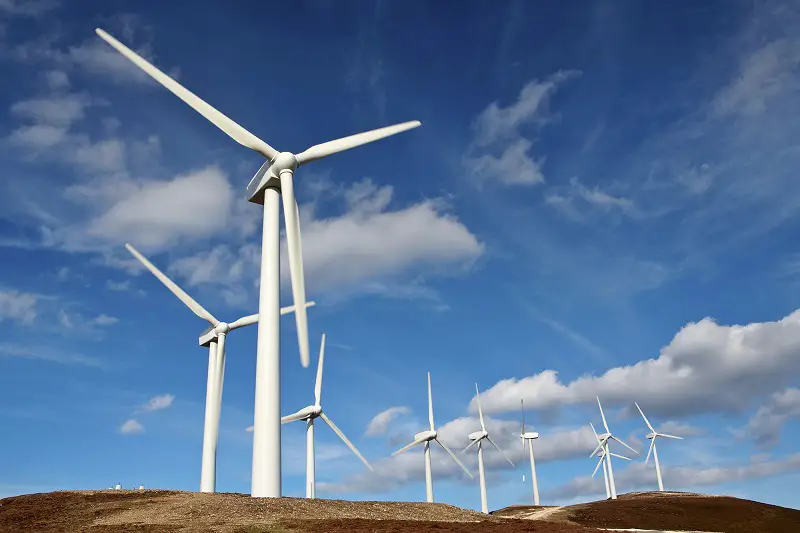According to Mohamed Mansour, chairman of Infinity Power, Egypt will start building one of the largest wind farms in the world in 2024.
According to Mansour, chairman of Infinity Power, a consortium made up of Masdar, controlled by Abu Dhabi. As well as Infinity Power Holdings will complete the construction of the 10-gigawatt onshore project by 2030. The UK now has about one-fifth of that capacity available for all types of renewable energy.
The power generated from the wind farm is exported to Europe
The power will be purchased by the Egyptian government, with some being exported via cables already in place to Europe. As well as Saudi Arabia, Sudan, and Libya. Mansour stated this in an interview at the COP27 climate summit in Sharm El-Sheikh.
Also Read: Egypt breaks ground on 500MW wind farm in Ras Gharib
According to him, the companies anticipate acquiring land for the wind farm project this year. According to Mansour, they are examining two areas in the Western Desert of Egypt. One close to Minya and the other near Aswan, both of which have wind speeds that can approach 10 meters per second. Governments and investors are investing heavily in wind and solar power plants all over the world. In an effort to move away from fossil fuels and keep global warming to 1.5 degrees Celsius over pre-industrial levels.
Hassan Allam Utilities of Egypt is also a member of the consortium. Masdar, the largest renewable energy company in the United Arab Emirates, and Egypt’s Infinity have partnered to create Infinity Power.
According to Mansour, the same team is also developing a green hydrogen facility in Egypt. That may create 480,000 tons of fuel year by 2030. The two projects, however, will be financed using debt to the tune of 80% and equity to cover the remaining 20%. Although Infinity Power is able to acquire money for projects, Mansour warned that increasing interest rates could hurt the revenues.
He said, “We look to optimize in other areas to make up for that setback. This will make projects more costly.”

Leave a Reply